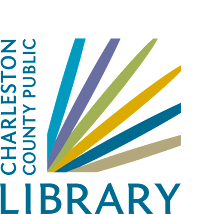
We invite you to join us for a discussion of The Lost: A Search for Six of Six Million by Daniel Mendelsohn on Tuesday, October 7 at 7:00 p.m. in Meeting Room A of the Main Library in downtown Charleston. As a boy in the 1960s, Mendelsohn could cause elderly relatives to cry simply by entering a room. He comes to understand that his family is haunted by the deaths of six relatives who disappeared during the Holocaust, who were "killed by the Nazis," and that he resembles one of them, his grandfather's brother. While still a child, Mendelsohn became the official historian of his family, and as an adult, he obsessively searches for answers to the mystery of the disappearance of the six, traveling to many countries and continents, conducting interviews with those last few remaining people who witnessed the events of the Holocaust and might have known his family. His narrative combines memoir, travelogue, genealogical research, and Biblical and Torah commentary to create a rich meditation on family, loss, and the relationship between memory and truth. Winner of the National Book Critics Circle Award and the National Jewish Book Award and chosen as a notable book by many book reviews, The Lost is an important addition to Holocaust literature. According to Adam Kirsch of the New York Sun, "More than just an act of familial piety, this kind of recuperation is one of the distinctive ethical acts of our time."

